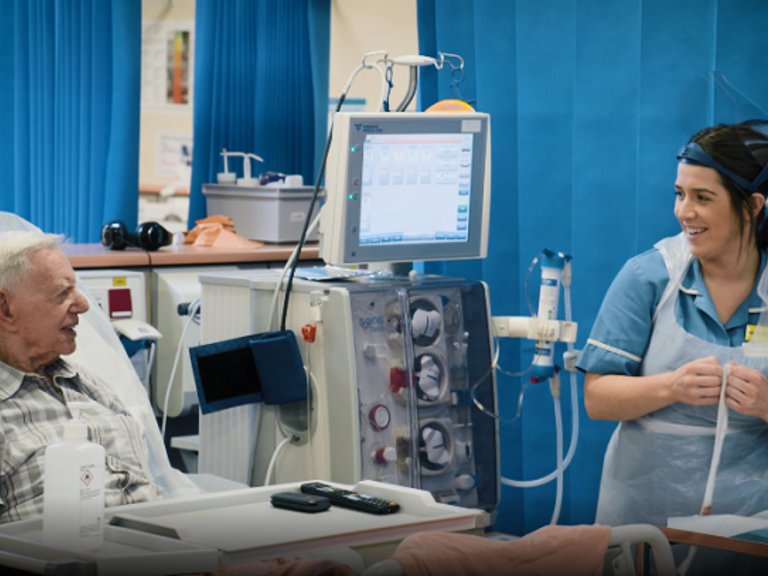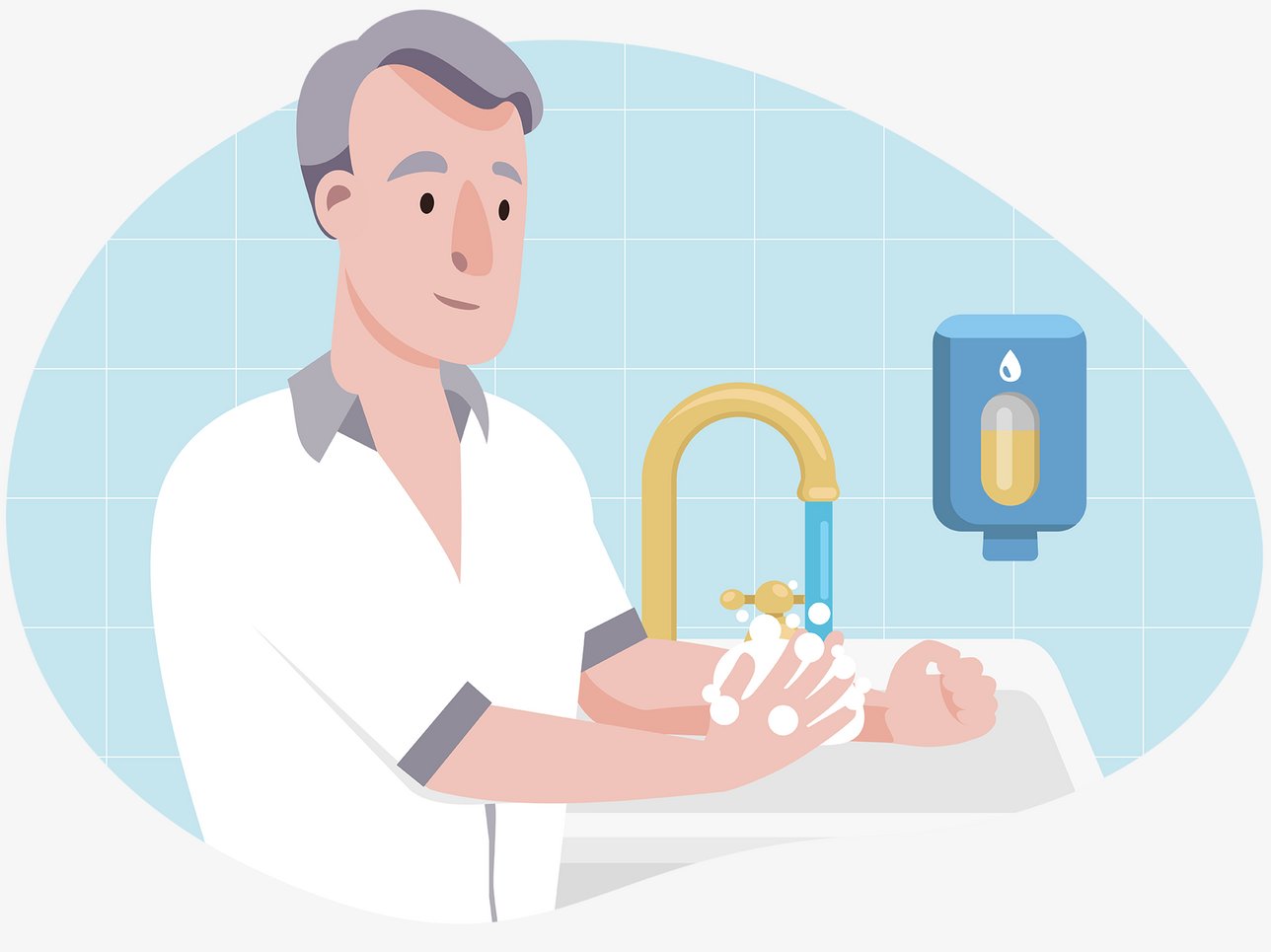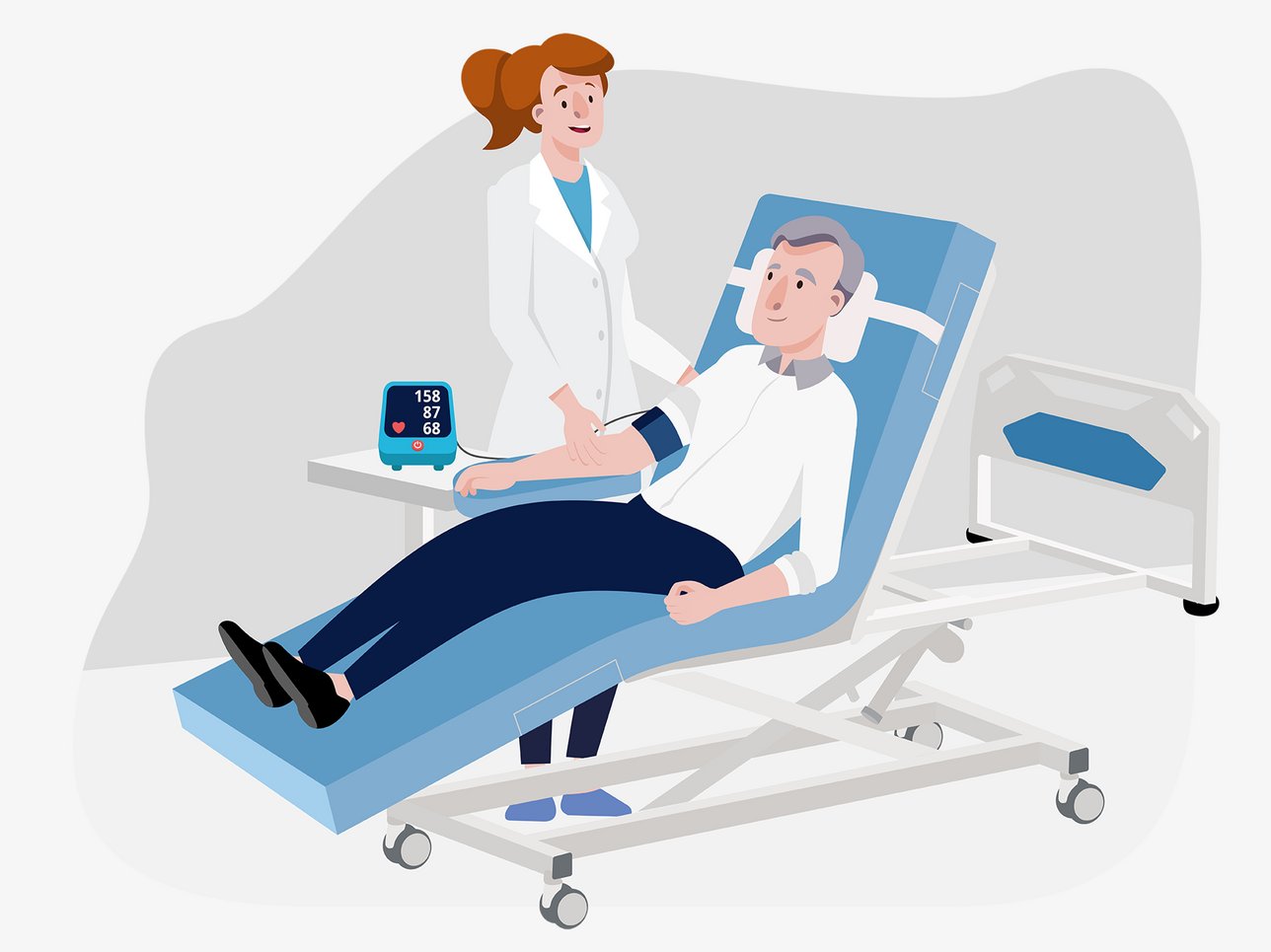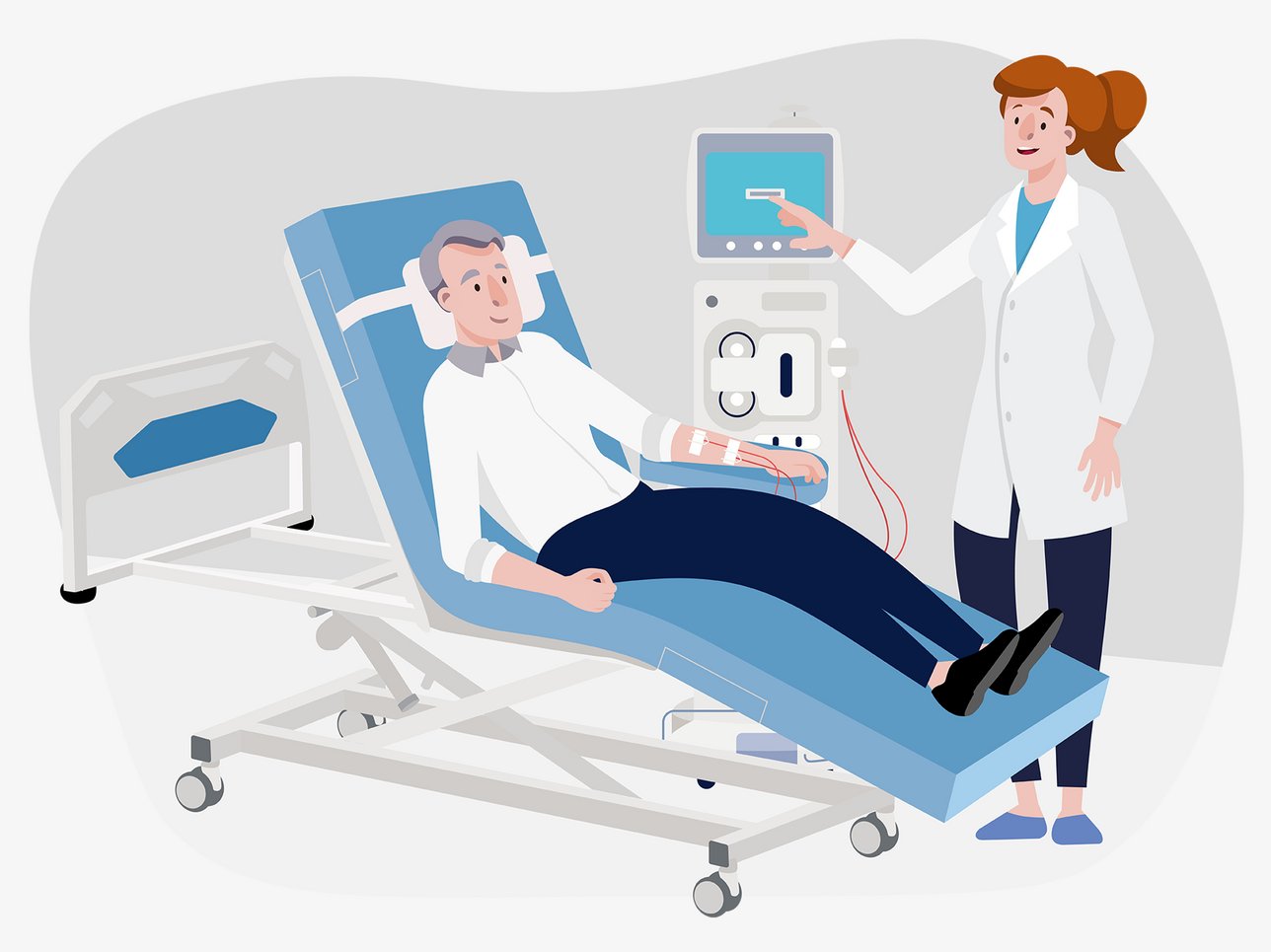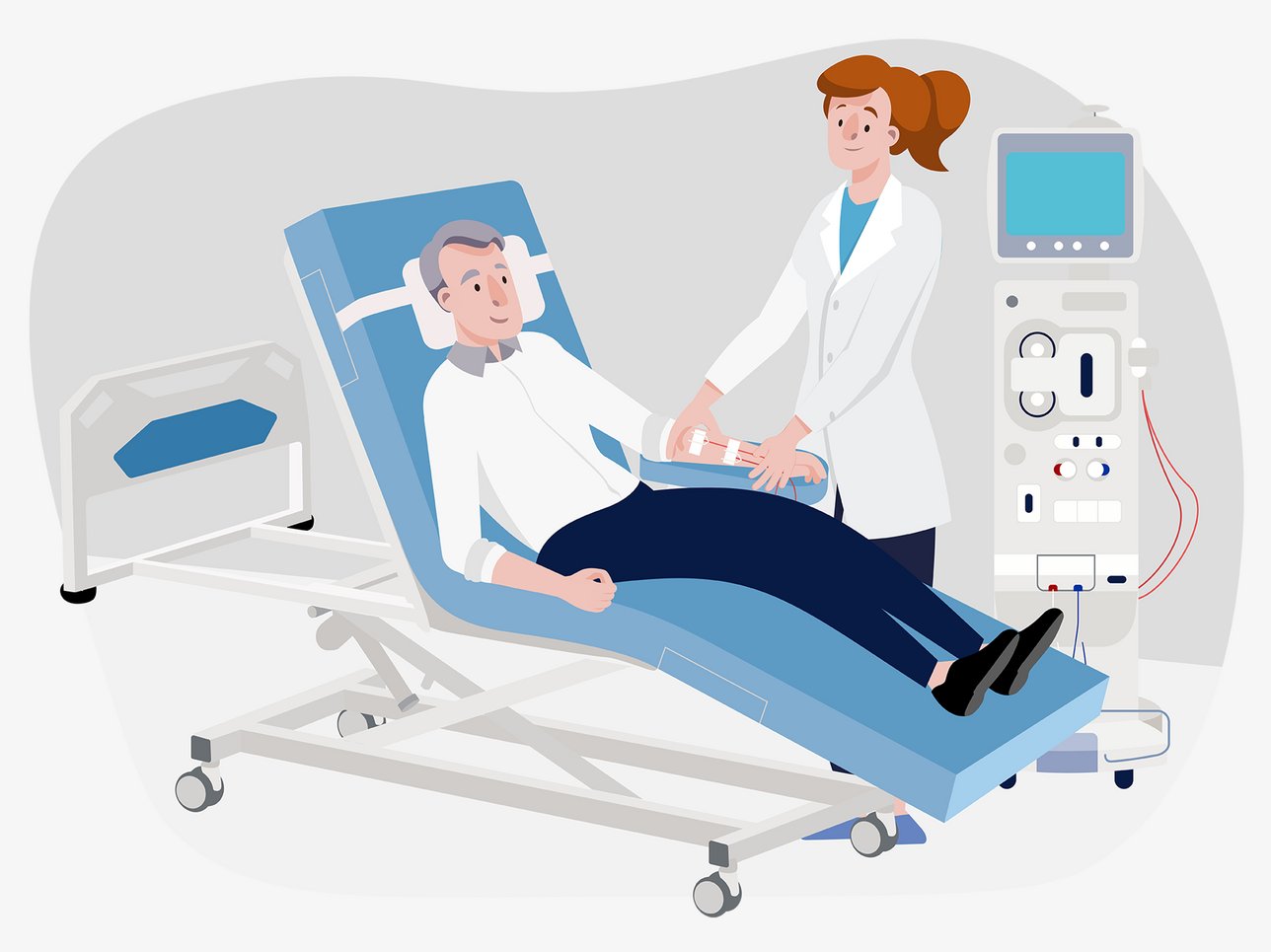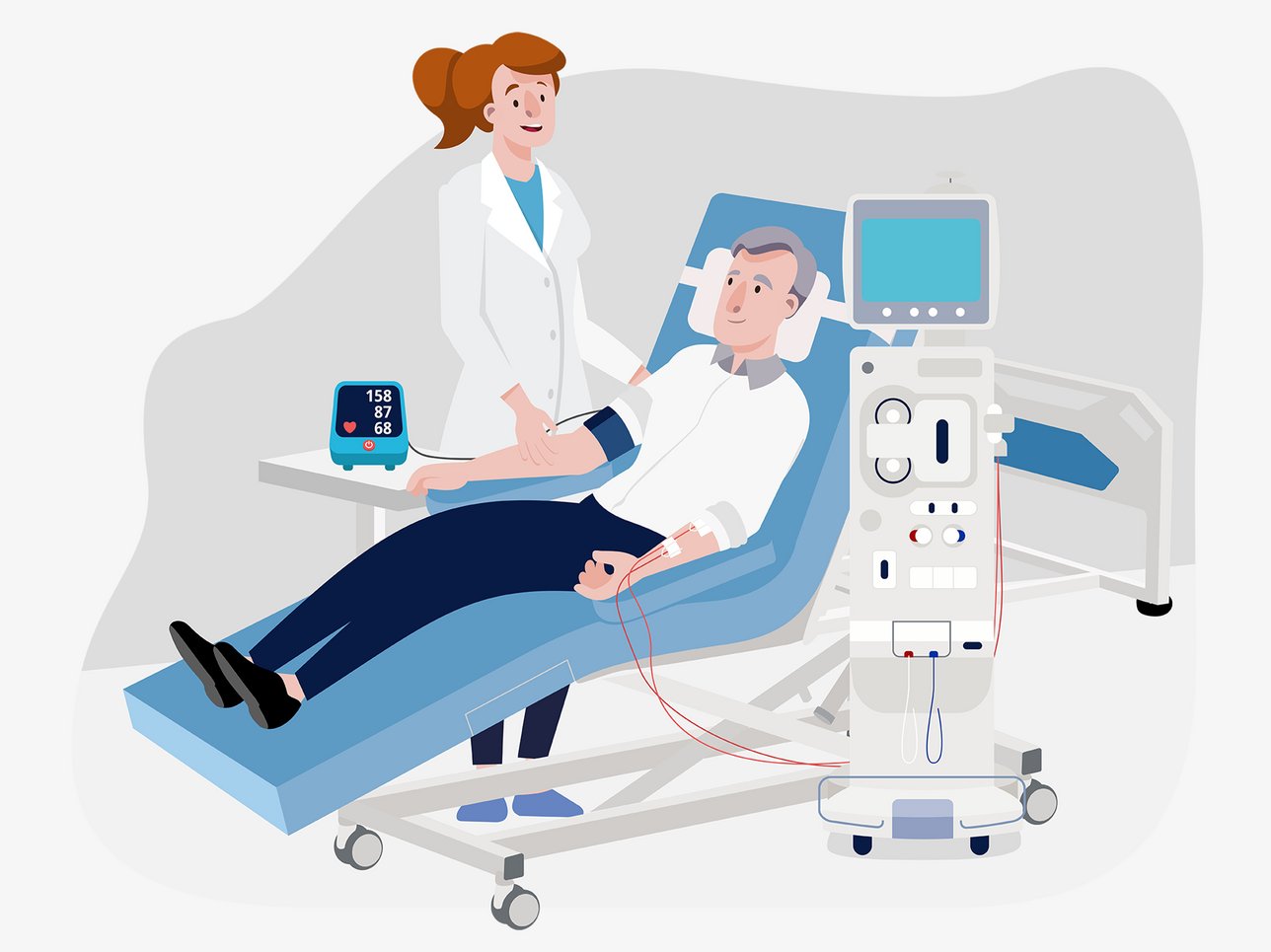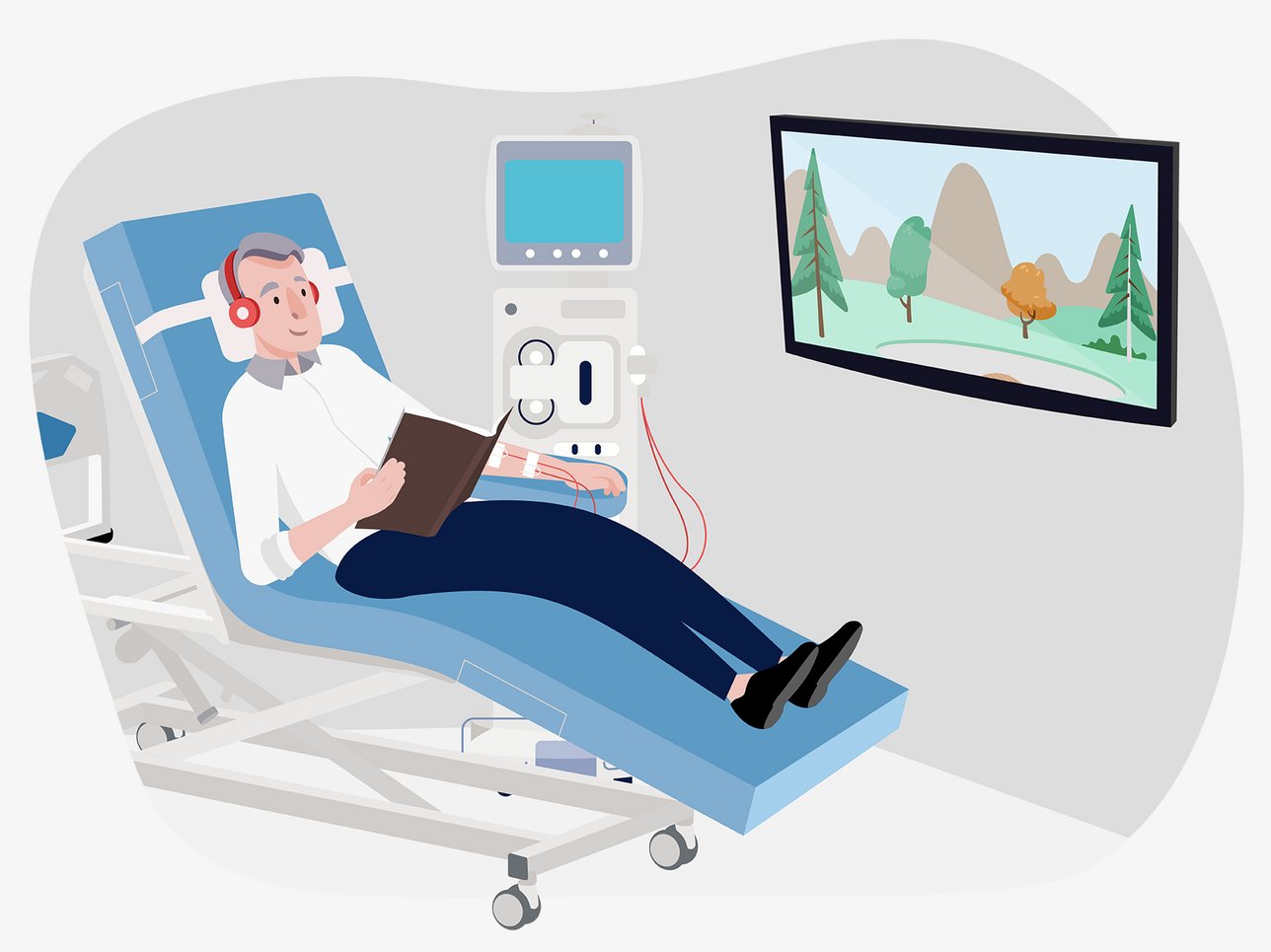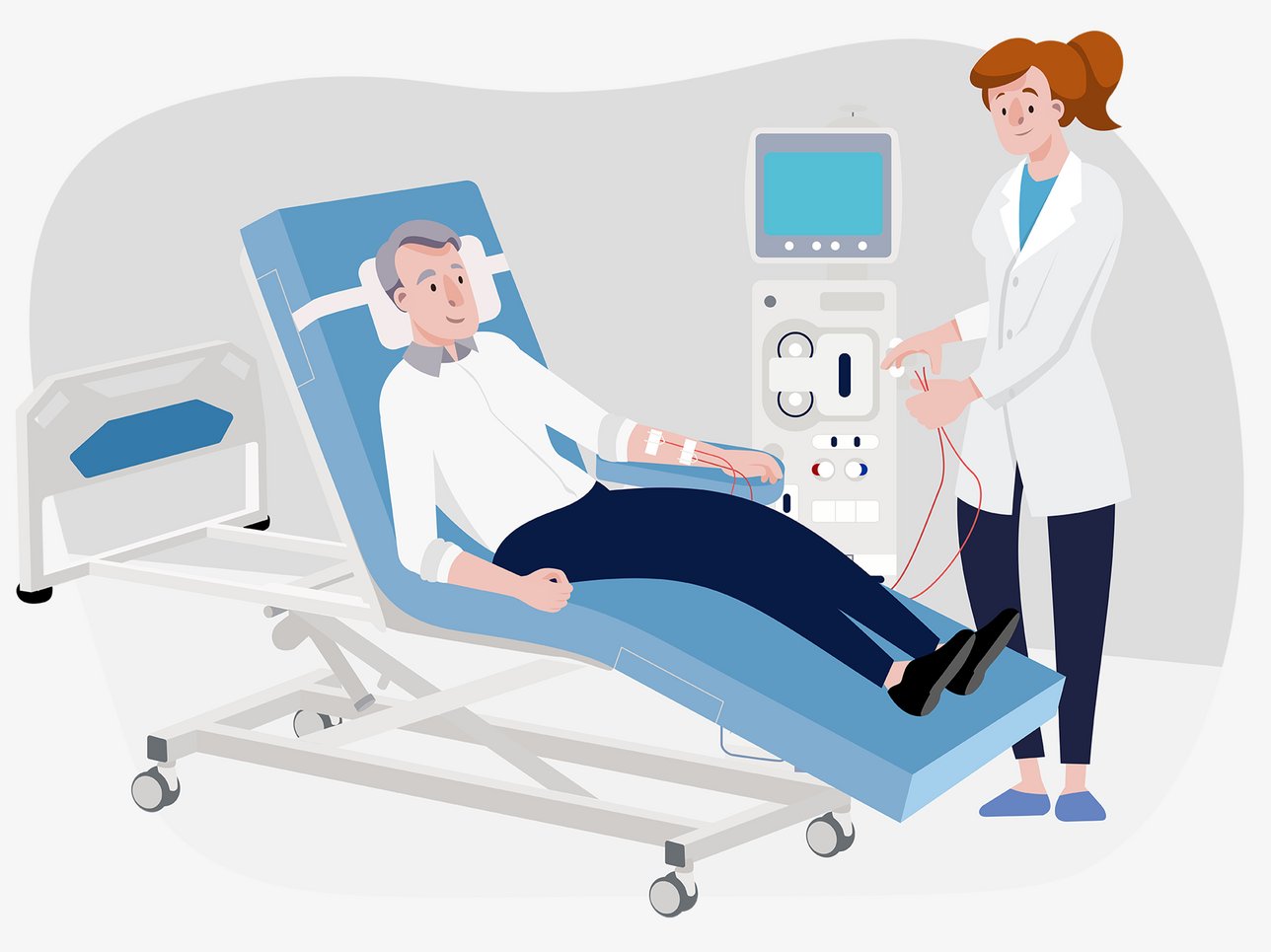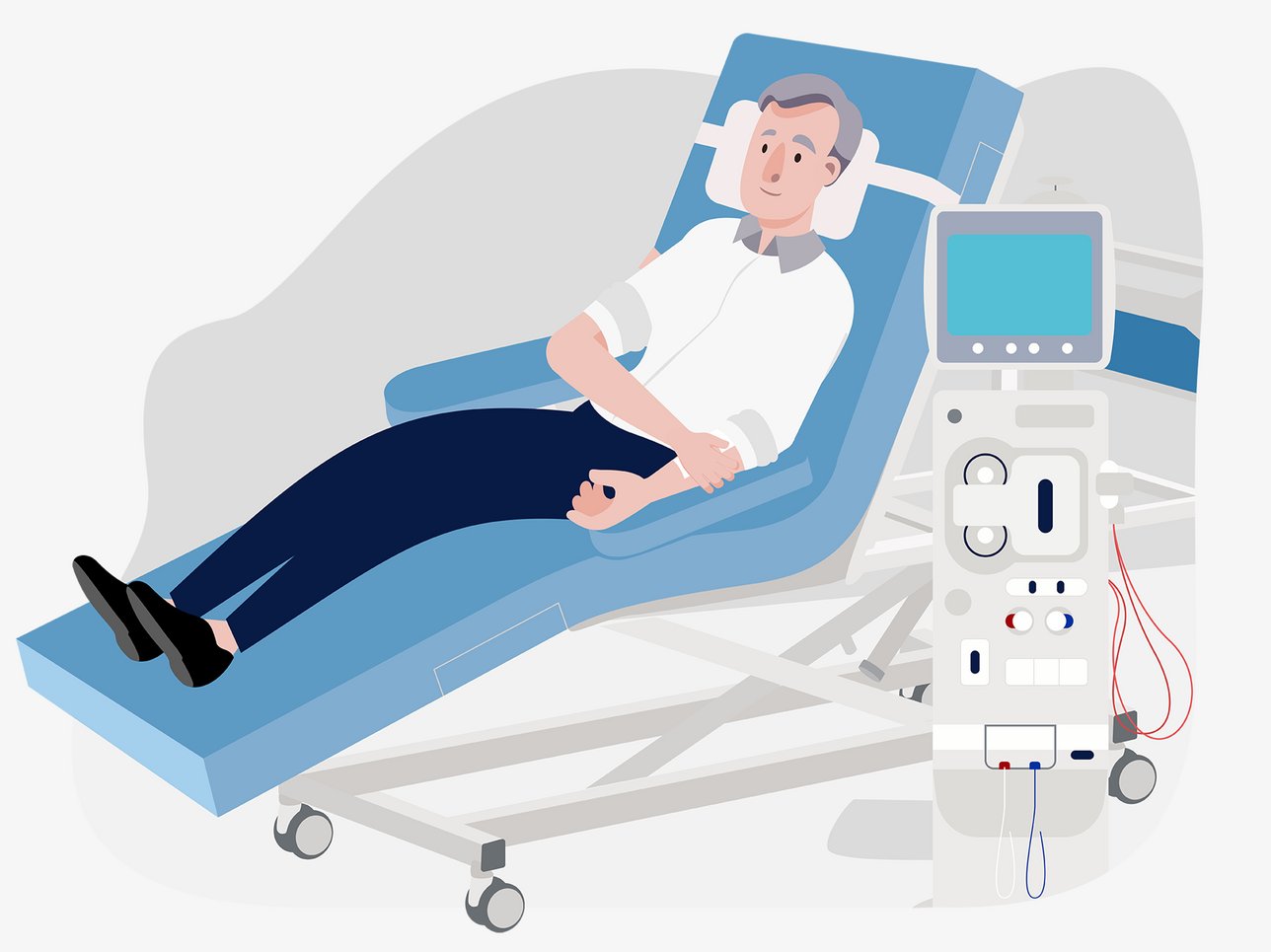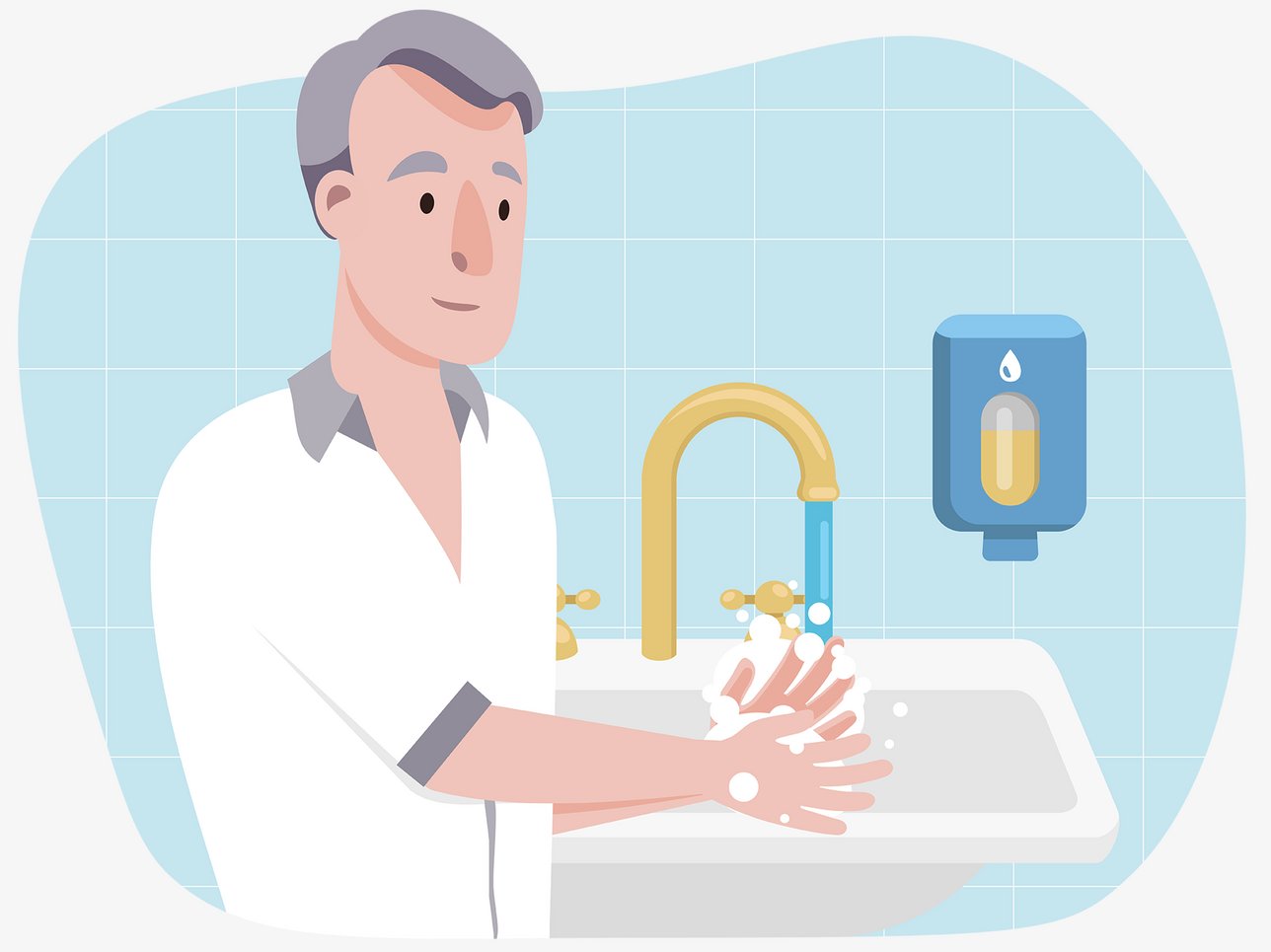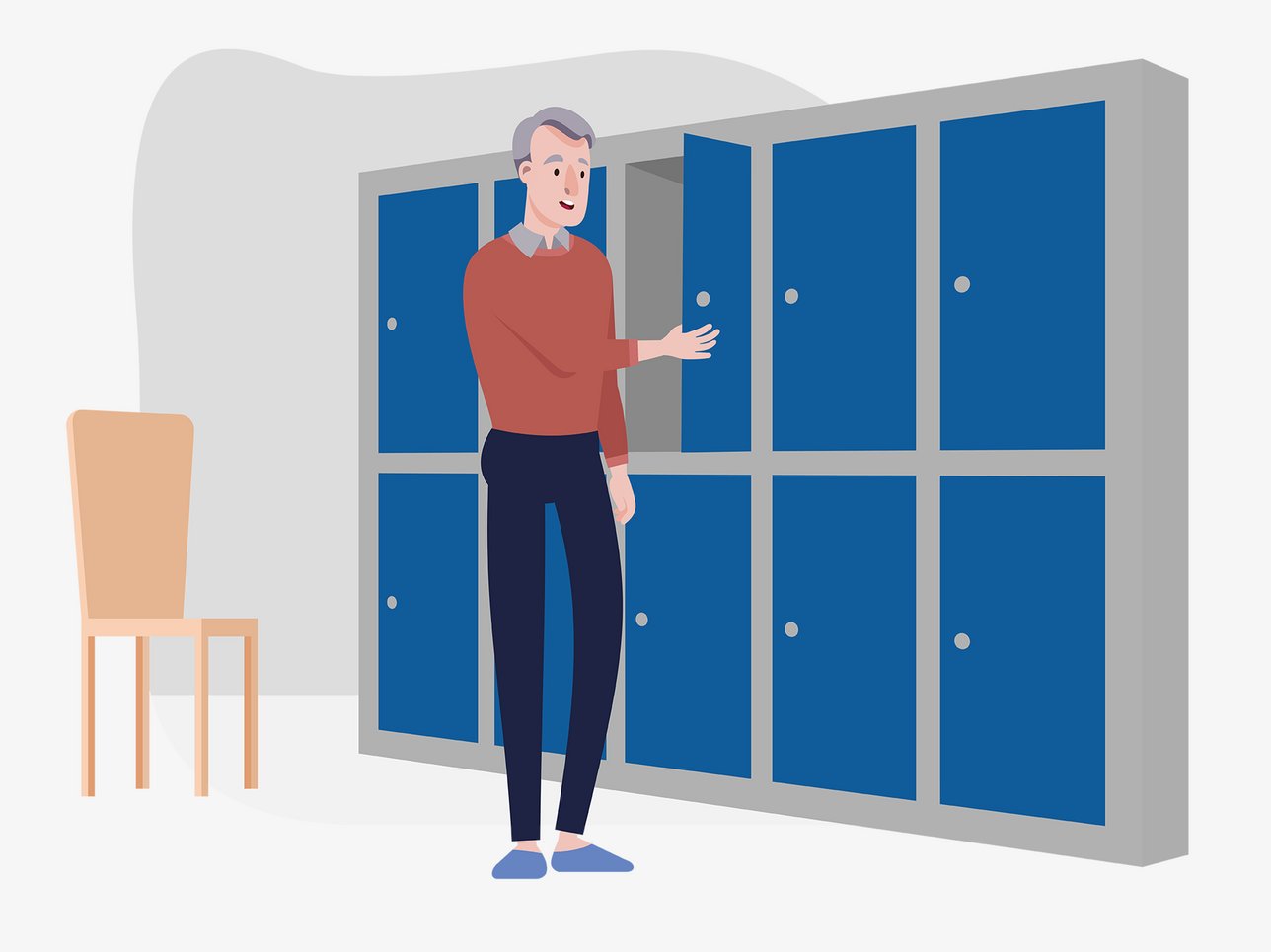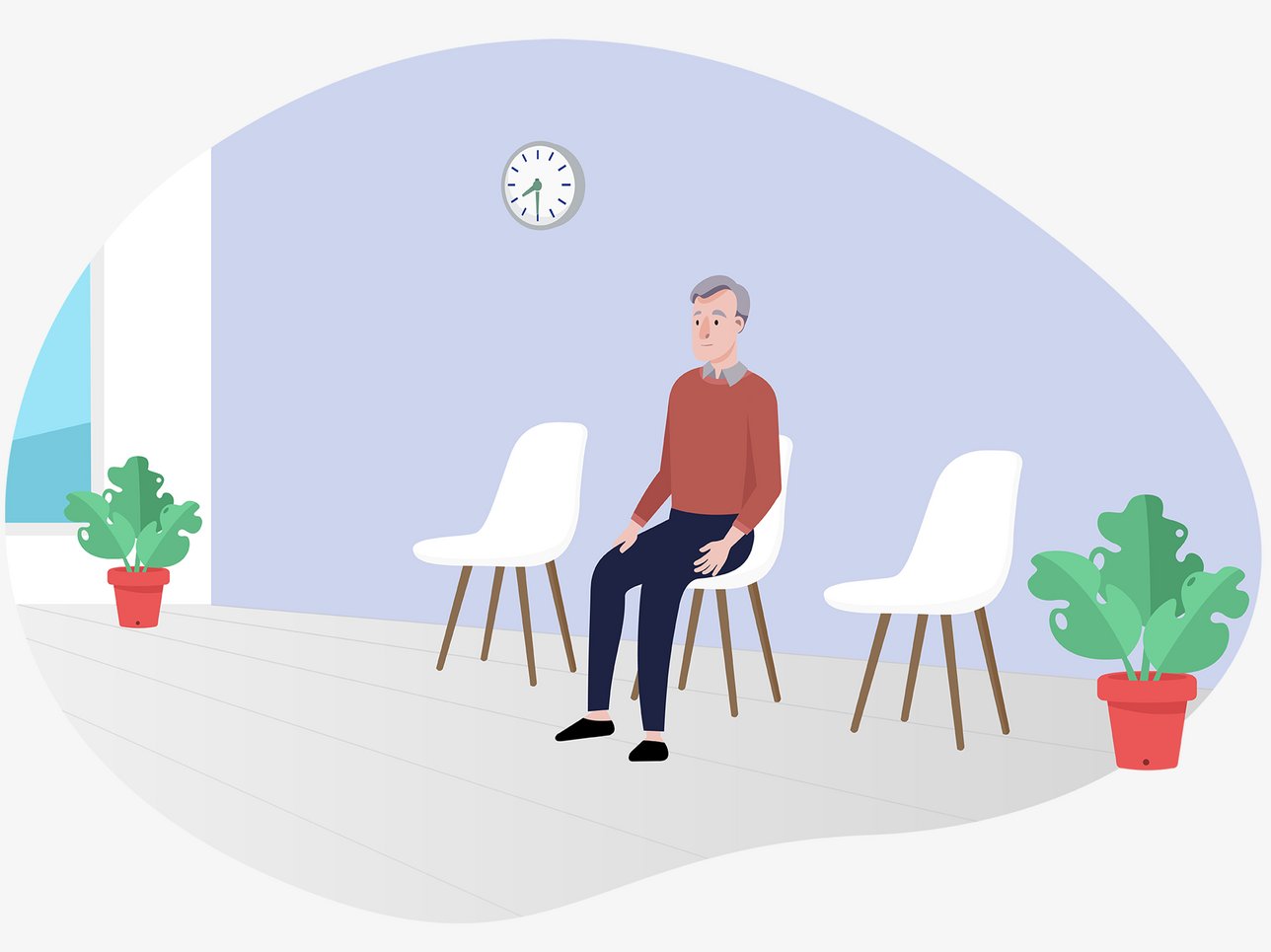You’ll also find yourself getting to know your fellow patients - many often become good friends. In particular, you’ll be in regular contact with the nursing staff, who will become close confidants and who are always there to help and discuss things with you.
Your NephroCare team knows that openness and mutual respect are important aspects of dialysis care. It’s all about teamwork where patients play just as important a role as their carers.
There are a few things you should consider before your first treatment, such as what to wear and bring to the centre. You will also find a description of a haemodialysis treatment session so you know what to expect.
